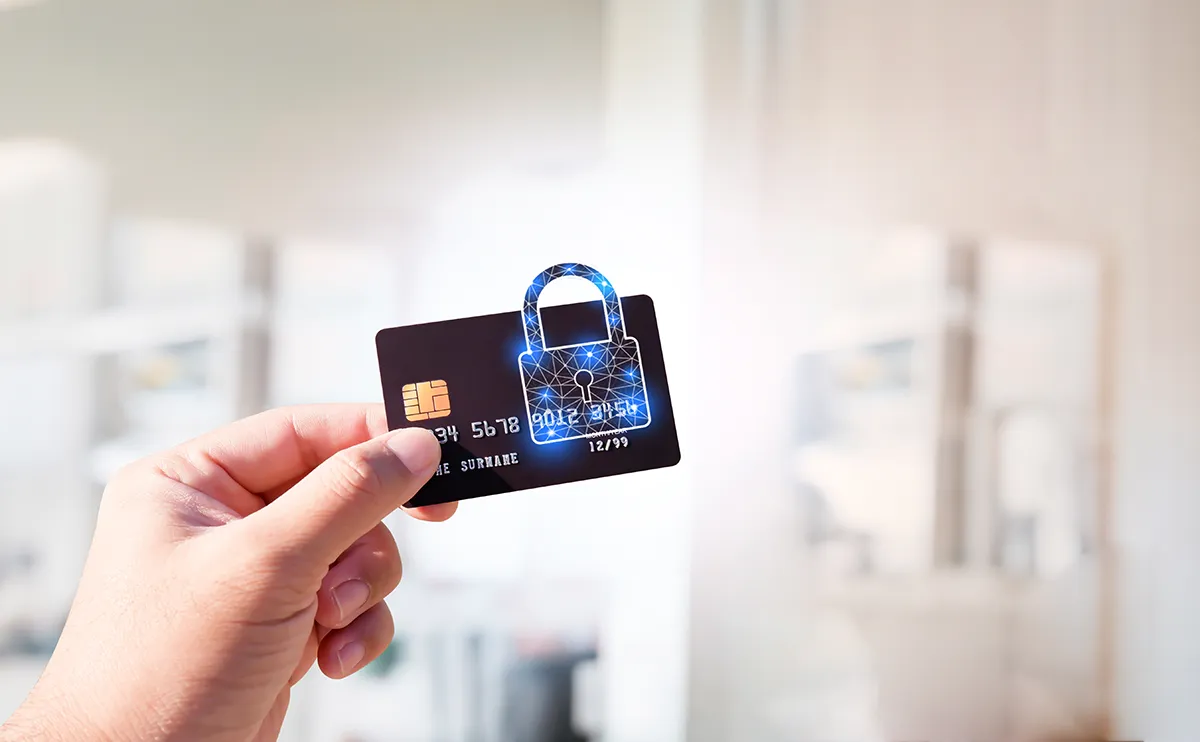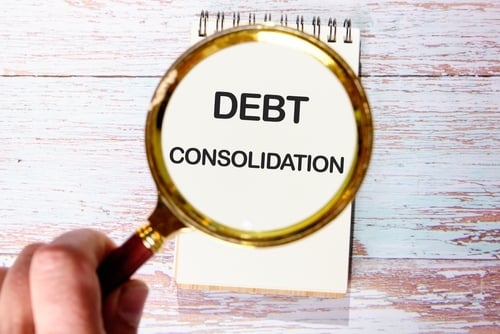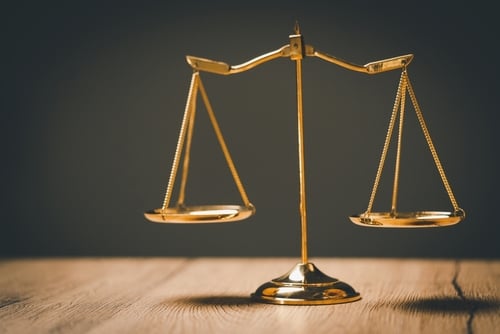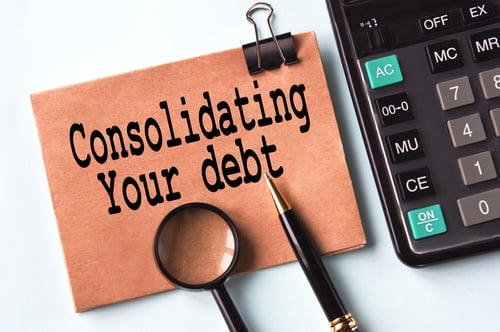Paying Your Credit Card Bill Early
Credit cards, when used responsibly, are a highly useful financial tool that allow for purchasing flexibility and budgeting options, as well as the opportunity for an individual to build a strong credit score and profile.
The process of building a responsible track record of timely payments on credit card accounts may not be the most obvious benefit of using credit cards, but it is a significant benefit nonetheless.

Building a strong credit score ultimately results in receiving better terms and lower interest rates on a home mortgage, auto loan, or personal installment loan.
Beyond the clear importance of paying credit card bills on time, avoiding late fees and credit score dings – the following question may arise: “What happens when I pay my credit card bill early – and are there any benefits?” Let’s take a closer look.
When Should I Pay My Credit Card Bill?
At the very least, always pay your credit card bill prior to the statement due date. Credit card late fees are commonplace, and aside from being a waste of money (late fees typically run $25 or more), paying late is completely counterproductive toward building a strong credit score.
Because 35% of a FICO credit score calculation is based on payment history, even one or two late payments can have a negative impact on a credit score. Additionally, make sure to pay attention to your credit card statement closing date, which is a function of your specific billing cycle.
If your credit card bill shows a statement closing date of the 20th of that month, for example, then any payment you might make prior to the 20th would actually apply to the previous month.
Though the payment of course would be applied to your account balance, you would still need to make a subsequent minimum payment for the current month after the statement closes on the 20th.
ABC
Benefits of Paying a Credit Card Bill Early
Paying a credit card bill early will result in saving money on interest expense. In fact, if you pay your credit card bill in full before the statement closes, you often won’t pay any interest expense on charges made that same billing cycle.
Even if you do carry a balance, you’ll pay less interest expense, since most credit card companies calculate interest charges based on the average daily balance on the card.
When you pay a credit card bill early, that reduces the average daily balance and interest expense for the billing cycle. Also, even an early payment amount that is less than the minimum will get applied toward the minimum monthly payment, thereby reducing the amount you will ultimately be responsible for on the due date.
More Benefits of Paying a Credit Card Bill Early
Whenever a payment is made on a credit card, it reduces the outstanding balance and lowers the credit utilization ratio, which is the percentage of the total credit available to an individual that is actually borrowed. The lower the credit utilization ratio, the better it is for a FICO credit score, which assigns a 30% weighting component to this ratio.
Most credit card companies report balances to the credit bureaus on the statement closing date, therefore, making a payment prior to then will lower the credit utilization ratio for that month, making it possible to cause an uptick in the credit score.
Furthermore, since all credit card payments result in an equal amount of available credit opening up on a credit card, it can prove useful to make an early payment when a balance is bumping up toward the total credit line of the card. It’s never a good idea to be close to “maxed-out” on a card, as it can lead to a situation of going over the credit limit and possibly incurring an “over-limit” fee or subsequently becoming subject to a higher interest rate on the account.
Meantime, having a credit card purchase denied when you least expect it and may need it most is never desirable. Since emergency situations do arise, it is important to have sufficient credit available to meet them – so keeping a watchful eye on high balances and tending to them with early payments is always a good idea.

Are you in debt? we can help
Get Debt Relief
Speak with licensed debt specialists dedicated to guiding you toward financial stability every step of the way.

Ready To Get Started?
See if you qualify for debt relief. Get a Free savings estimate to see how quickly you can be debt free.
Embrace financial freedom with our tailored solutions, expert guidance, and unwavering commitment to your success.
Experienced Professionals
Our experienced team has helped thousands of clients successfully eliminate debt and regain financial freedom.
Customized Solutions
We know every financial situation is different, so we design personalized debt relief plans to fit your specific needs and goals.
High Success Rate
Our proven debt relief strategies deliver real results. With a strong track record of success, we help clients achieve lasting financial stability.
Confidential Consultation
Your privacy is our priority. All debt relief consultations are 100% confidential and handled with the highest level of discretion.
Explore other blogs











